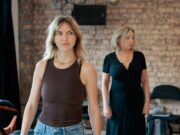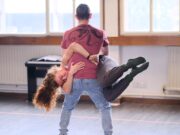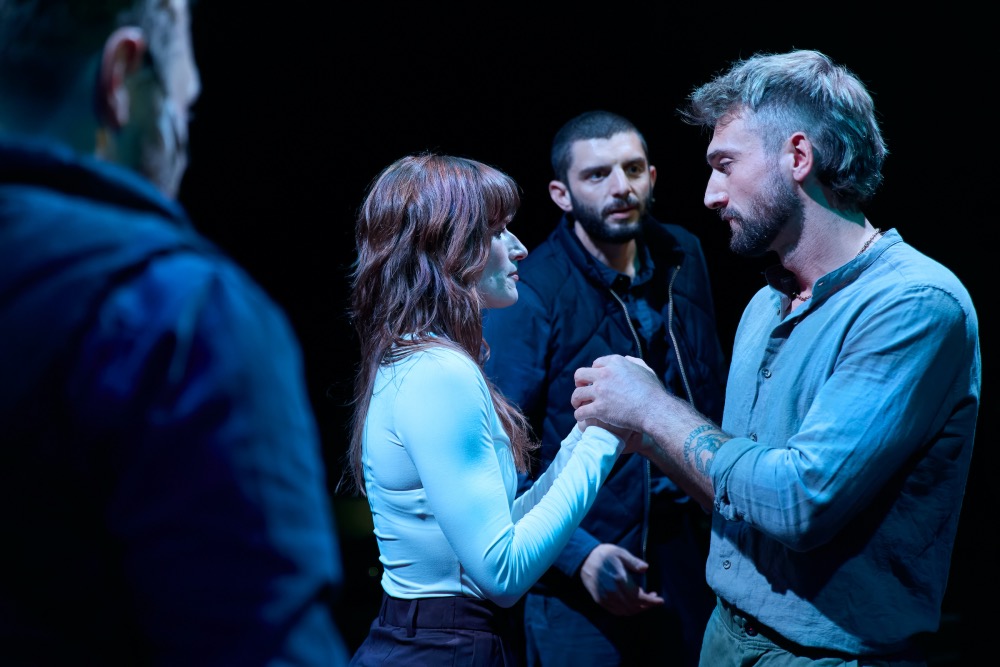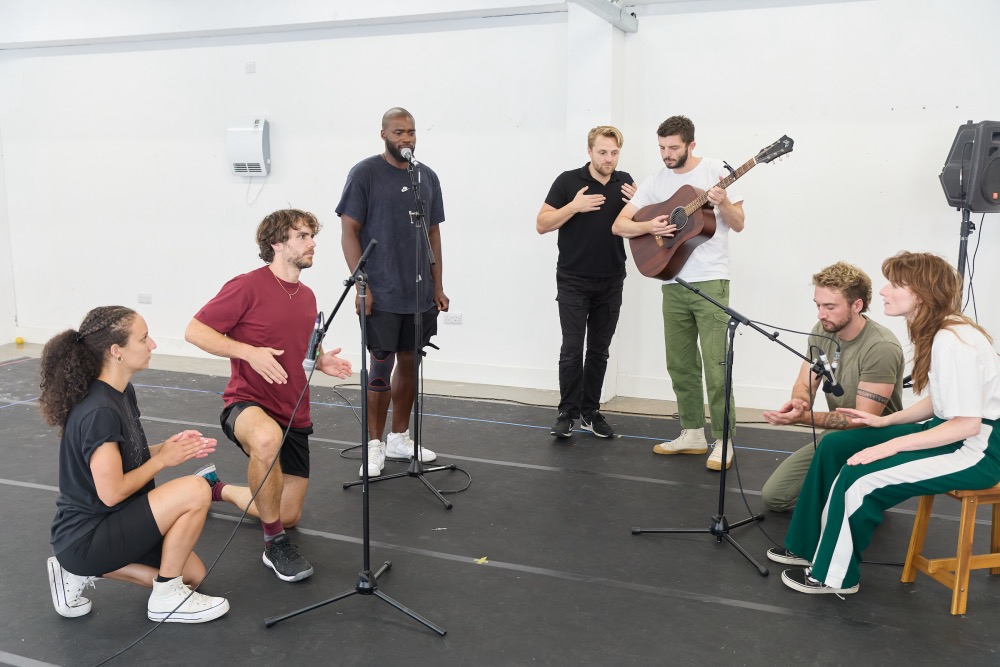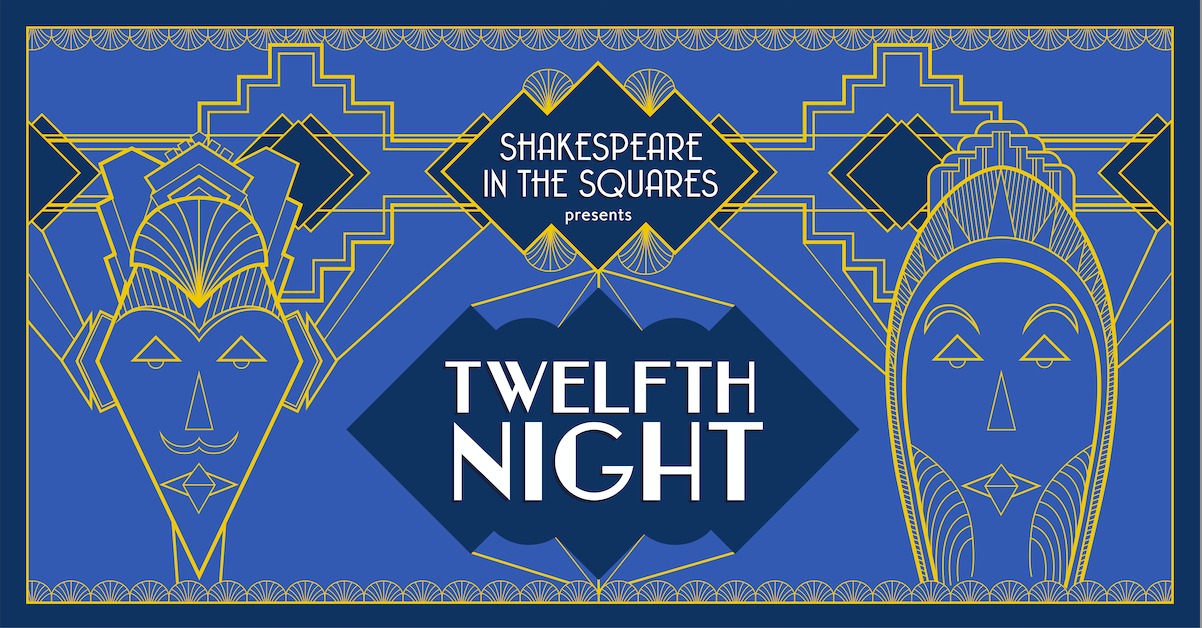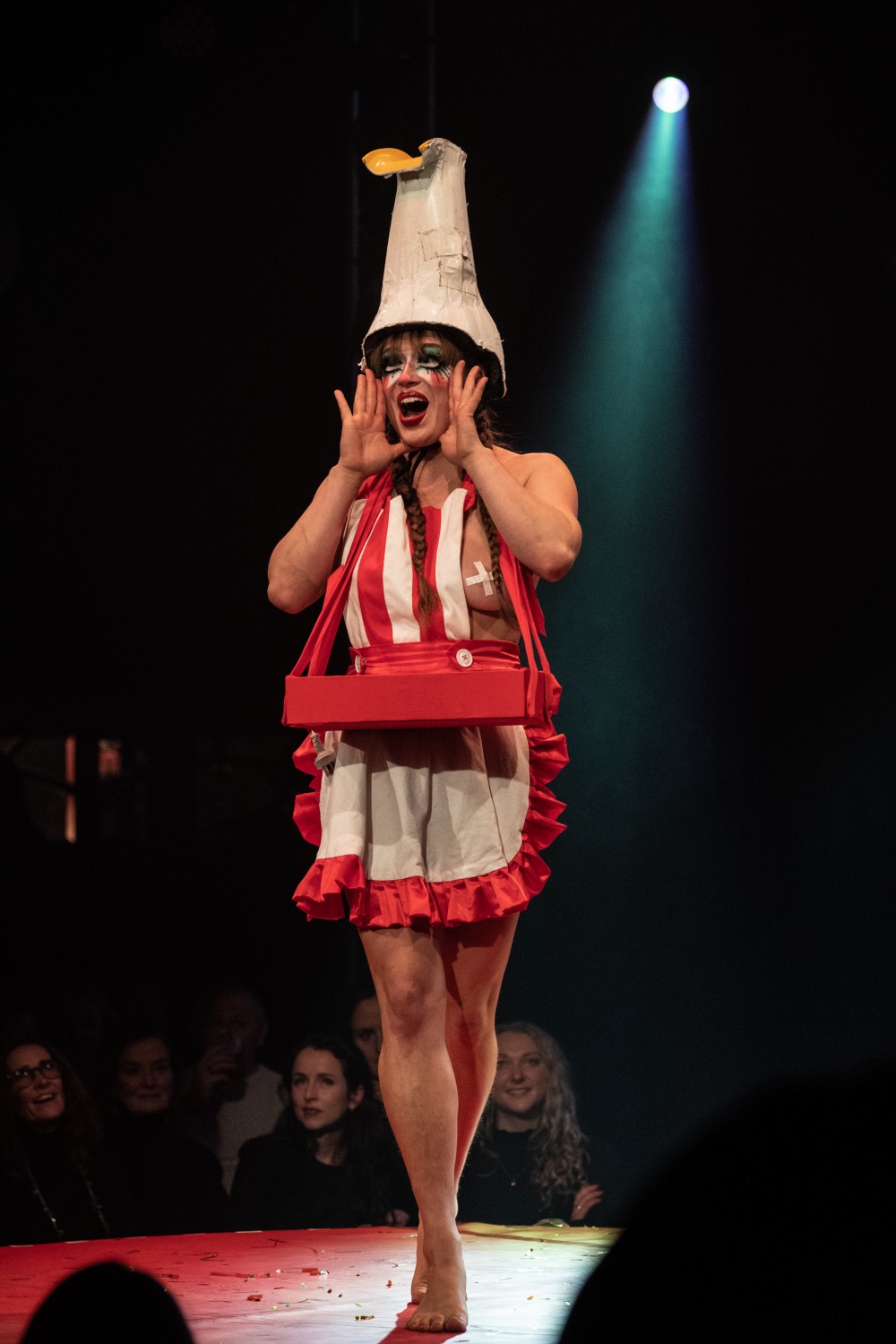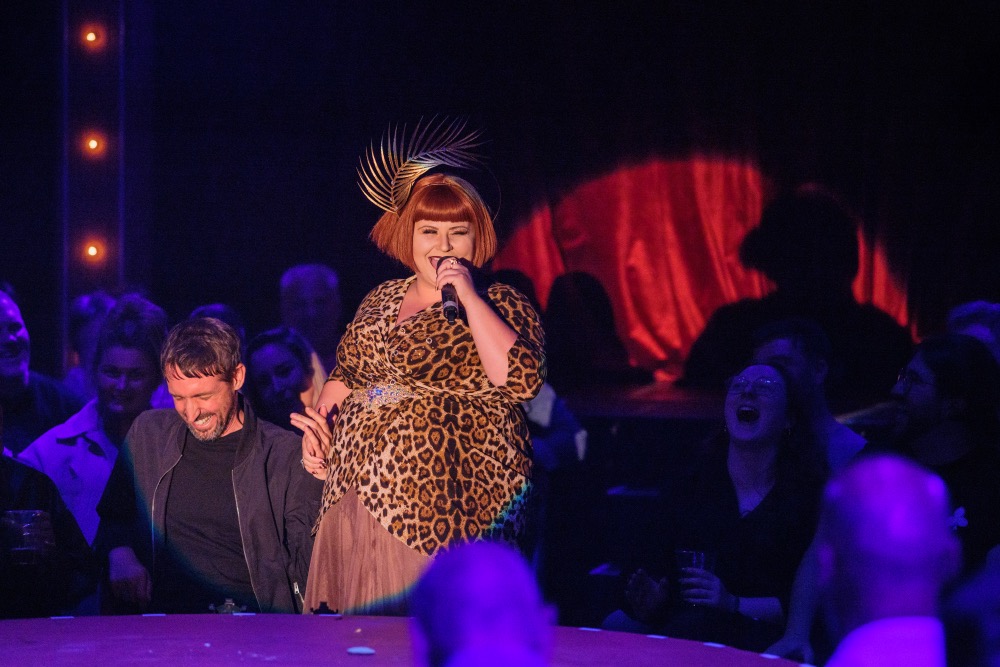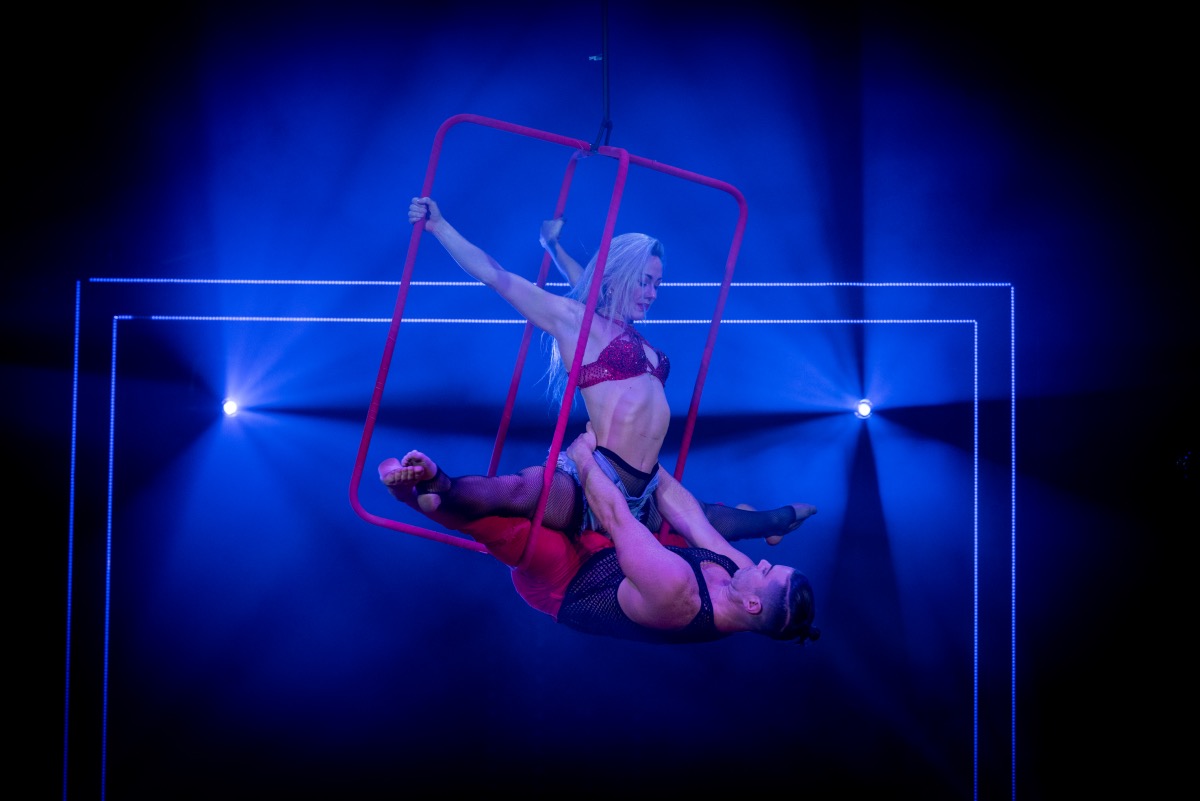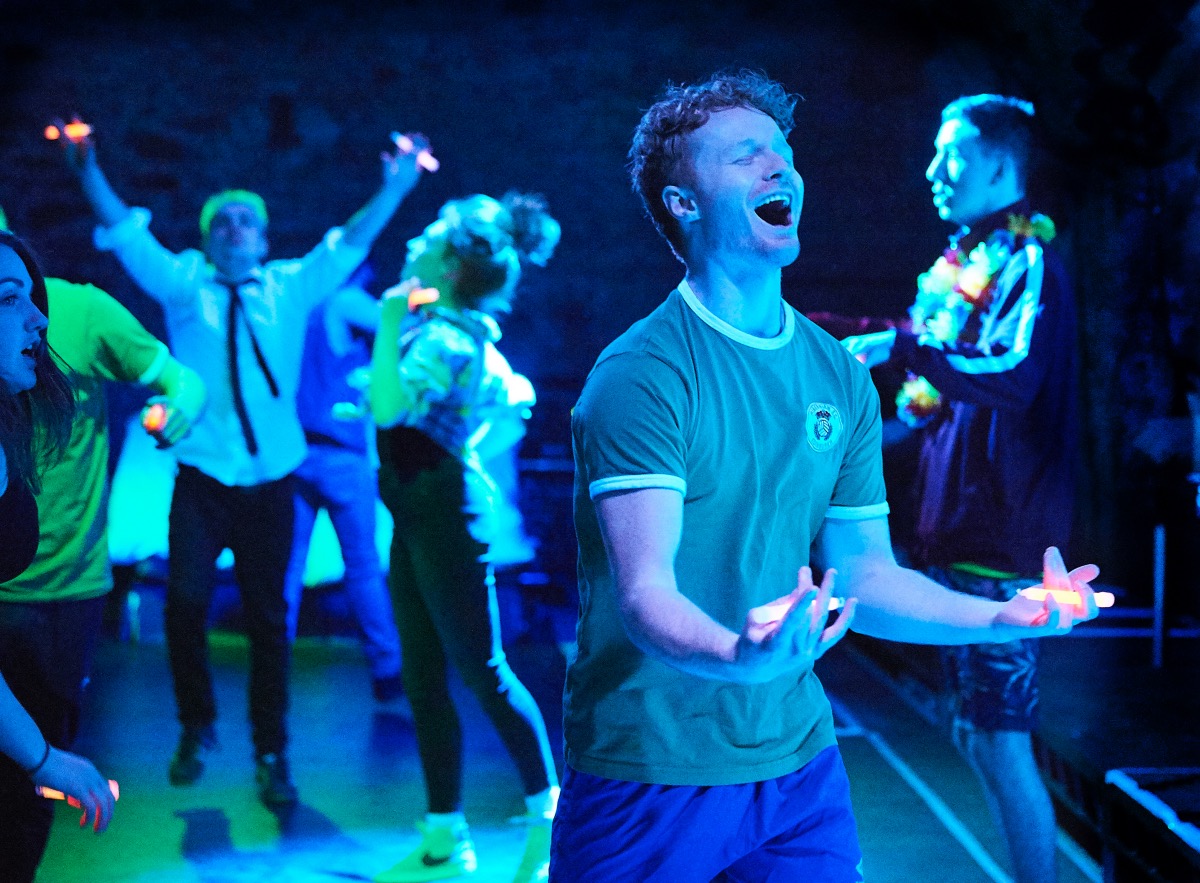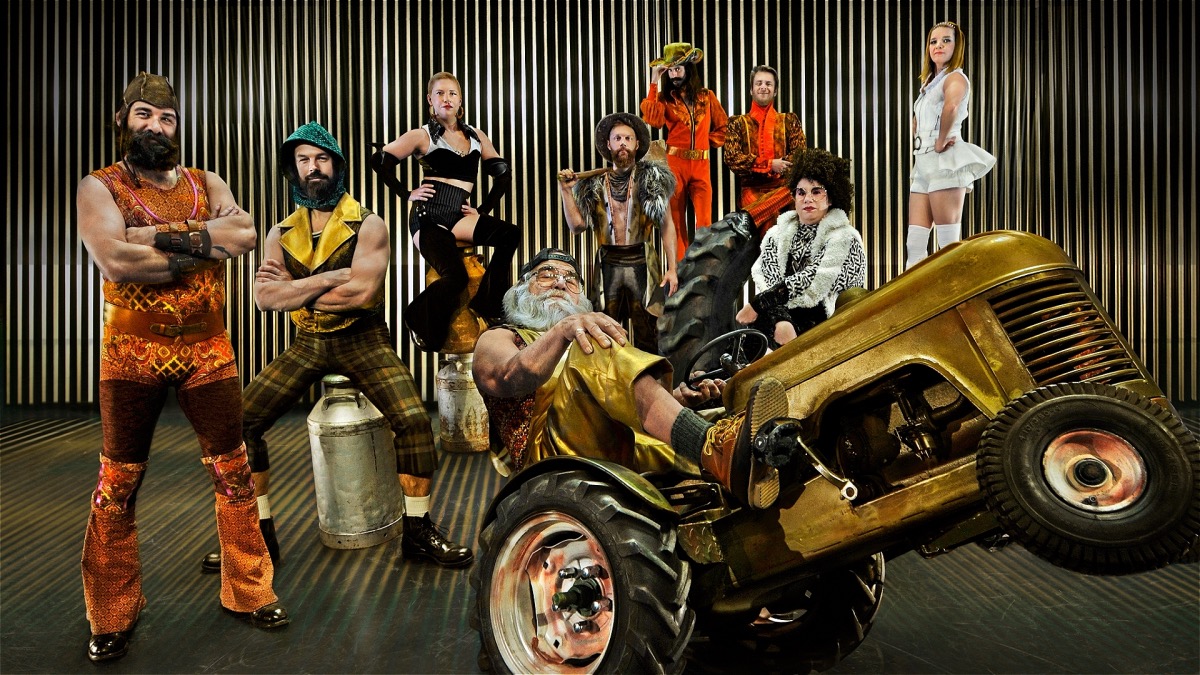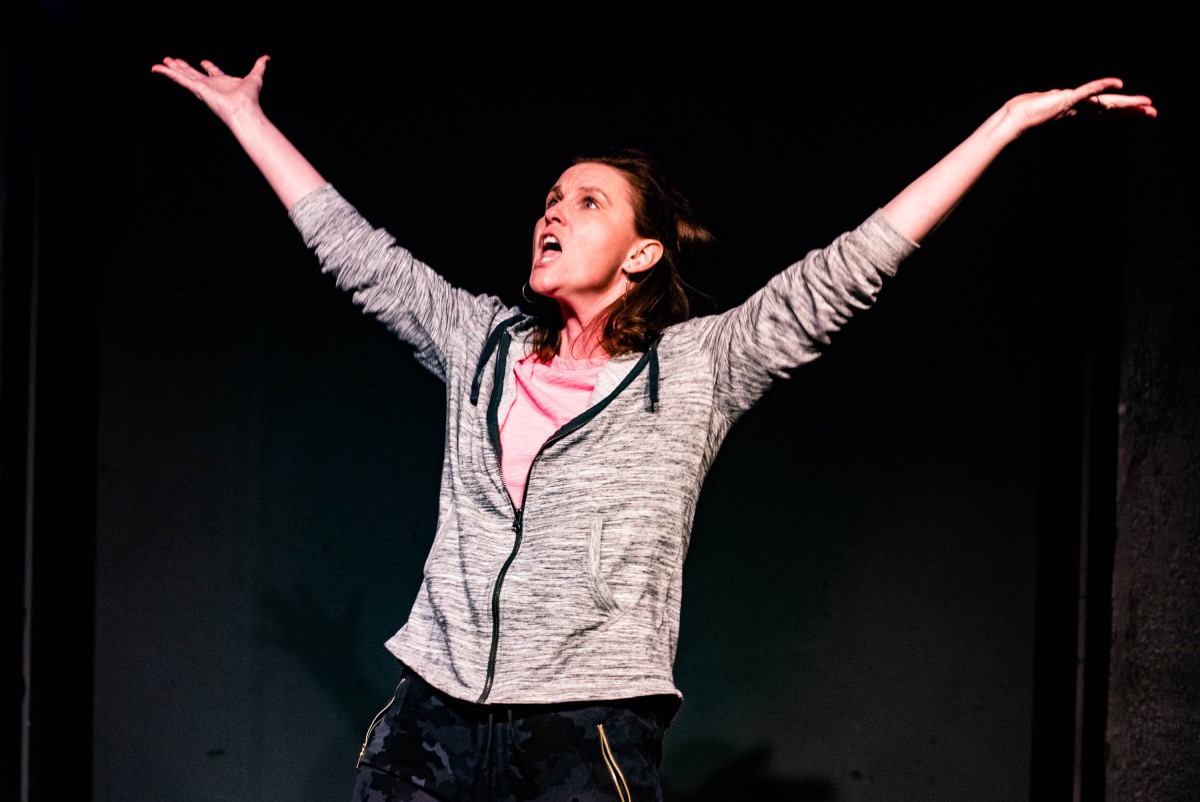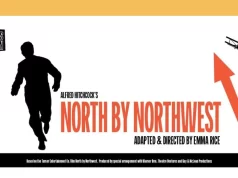While people across the globe are currently under lockdown with the Covid 19 pandemic, many years ago, Adam Pownall experienced a very different type of lockdown with Guillain Barré Syndrome.
At the age of 26, in the space of three weeks, Pownall went from being a fit and healthy dancer and performer to a paralysed man unable to blink unaided.
Written by Nick Wood and directed by Tilly Branson, Getting Better Slowly tells this inspiring true story of Adam Pownall’s real life experience. This is one man’s two-and-half-year journey to recovery after Guillain-Barré syndrome paralysed him. The show can be viewed here on facebook.
From learning to walk and talk again to the painful months stuck at home to the first time Adam Pownall managed to play football again, the show asked audiences how they might deal with an unexpected illness or accident.
It sheds light on a journey to the other side of isolation.
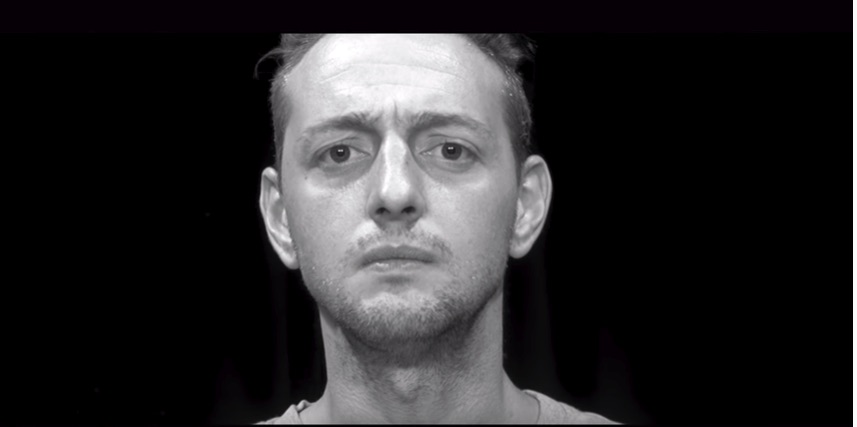
The Artiscape spoke with Pownall who performs in the show.
How do you find the experiences you went through with your illness and journey to recovery make you view life now?
Pownall: It definitely gave me a fresh outlook on life, I was quite a positive person before but this made me appreciate more in life. People always comment on the strength that my family and I had to get through the situation, which I’m thankful for but I think anyone else in the same predicament would have to do the same. You just have to get on with it.
I went through phases of thinking a series of ‘what ifs’.
What if the condition would end my life, what if I remain paralysed, what if I’m left in a wheelchair. Unfortunately that is the case for a percentage of GBS sufferers, I was one of the lucky ones, I’ll never know whether I made my own luck or whether I just got better medically but the positive outlook helped.
Why did you decide to create Getting Better Slowly?
Pownall: Initially to raise awareness, I wanted to give back to the charity that have done so much for GBS sufferers in the UK. I’d done this through smaller events such as concerts and charity fun days but these were small hits and not sustainable.
When i met Nick Wood who wrote the script, he was the one who convinced me to consider it as a theatre production. Thanks to R&D funds from the Arts Council and GAIN Charity we pulled some incredible artists in to help us create the story.
What were the challenges for you in putting this piece together?
Pownall: A challenge I remember, though it was a good challenge to work through, was working through what I feel is the most difficult part of a journey in recovery from a serious condition; going home.
Many see this as a big step in recovery, which it is. But for me this was the most scary as you leave a support network, having a nurse on the push of a button.
When you go home there’s less crisis and people think you are better. I went home after six months in my recovery journey, that whole journey lasted two and a half years, not even half way. When I went home, though my family were still really supportive, they had to go back to work, life goes on.
Friends came to visit less when I was home. It was the darkest part of my journey, and I hope people enjoy how we portray this in the production and hope it raises awareness for anyone going through a longterm recovery.
How do you feel sound and dance can be used to demonstrate an illness like Guillain Barré Syndrome?
Pownall: One of the most important things for me when making this production was it having movement and dance to tell the story. As a former dancer, part of my supported rehabilitation was to go back to dance classes, which I’d do in a wheelchair or with walking aides.
Being able to get out and see fellow dancers and be able to join in (however badly) had a huge impact on my mental and physical recovery. We worked with 2 dance artists on this production Marc Brew and Kimberly Harvey, both of whom identify as disabled, which I feel was important for a shared understanding in my own limitations.
We use the sound world that Poetical Machines created a long with the movement and dance moments to tell the story that we can’t tell with words, or where we might need to use too many words. It can show a deeper relationship or conflict between the performers which Director Tilly Branson orchestrated so well.
The story is a very personal journey to you. What would you like an audience to take away from this?
Pownall: It is personal to me, but we feel it is relatable to anyone who has had, or had family members go through illness and recovery. We hope they get to see how I tried to remain positive and how it can help others.
We hope that families can use it to remain positive for their loved ones and themselves. We know that NHS trusts are already using footage from the show as a teaching tool and our last message is for them. THANK YOU NHS.
What are you thankful for in life?
Pownall: I’m thankful for opportunities. Working in the arts has given me the opportunity to be able to make this production, to raise awareness of GBS and also to look at issues such as disability within the arts.
I’m happy we are able to share the production again, with it being an inspiring story of illness and recovery it feels like these times might be the best time to share.
Can you tell us about GAIN, the charity that supports sufferers and their families and how it helped you?
Pownall: GAIN are a small Lincolnshire based charity, their 2.5 person team deals with sufferers from across the UK, one of their main goals is to raise awareness of the illness and the support that they can provide.
GBS is so rare, 1 – 2 people in 100,000 get it, so anything we can do with this show to raise awareness supports the work they do. They don’t receive government support so if anyone is able to donate, please do!
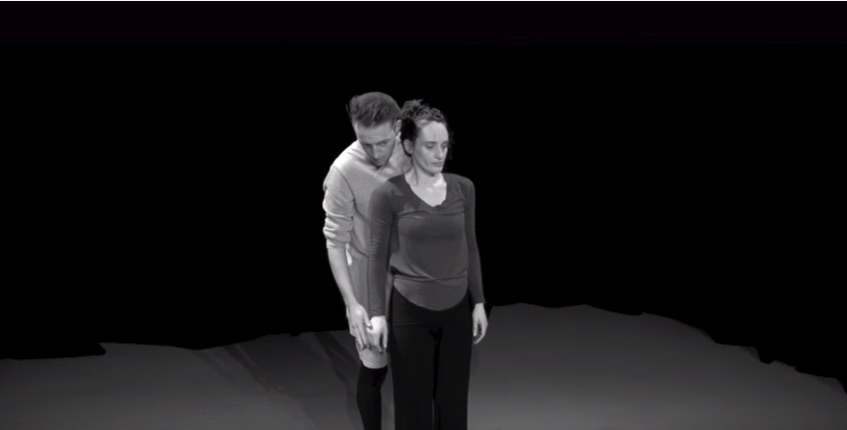
Getting Better Slowly toured extensively through Autumn 2016 and 2017, and was recorded at Lincoln Drill Hall. The show, which has already reached many recovered GBS suffers, was previously streamed in Spring 2017 to reach those who were currently undergoing treatment for the illness.
Streaming on YouTube at 7pm BST Friday 3 rd April, (sign up via www.facebook.com/GBSproject/)
The show is free to view and welcoming donations for GAIN Charity, the official charity of the illness in the UK.

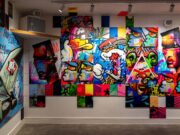

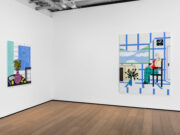
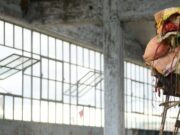
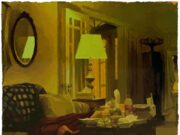

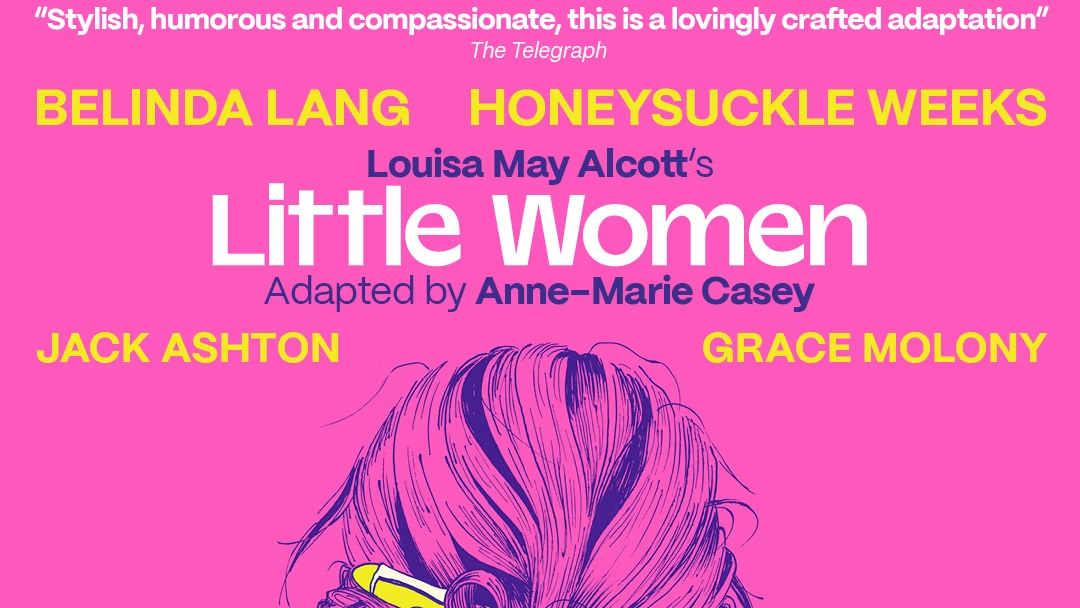
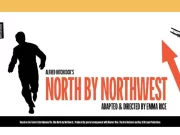
![Antigone [on strike] | Review Ali Hadji-Heshmati and Hiba Medina in Antigone [on strike] at Park Theatre, London. Photo: Nir Segal](https://theartiscapegallery.com/wp-content/uploads/2025/02/Antigone-on-strike-photo-by-Nir-Segal-D1_Standard-180x135.jpg)

